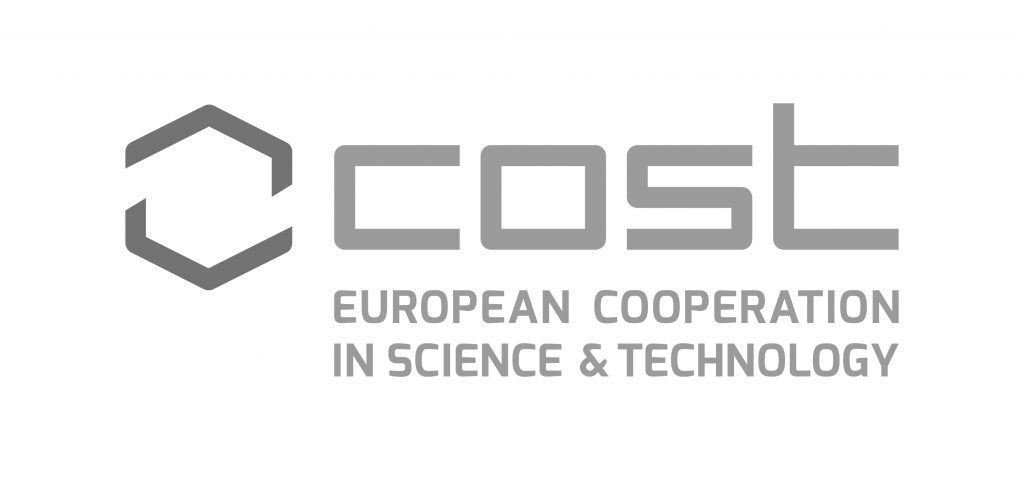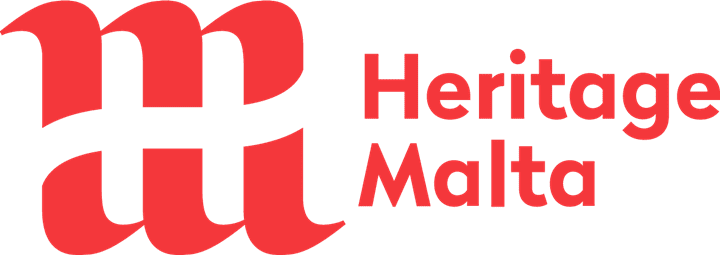The objective of the First Underground4value Training School was to realize a one-week intensive programme in Underground Built Heritage conservation and management. The event intended to develop and to make available new skills for planners, decision-makers, promoters and local development facilitators.
Methodology: The Training School works with approximately twenty professors and tutors; they come from different European countries. It deals with innovative approaches to surveys, analyses, monitoring and testing, in regards to Historic Urban Landscape (HUL), integrating multi-disciplinary knowledge about the underground heritage in a planning framework based on HUL itself. The purpose is advancing tools for empowering local communities, as well as for supporting planners and decision-makers, boosting new job profiles on cultural planning, strategic spatial and transition planning and management. These new profiles will guarantee interaction with local communities, dissemination of innovative thinking and methodologies, supporting the research of social trajectories in an adaptive, forward-looking manner. Lessons and teamwork modules are developed around four topics:
The training is based on scientific approaches. It is open to humanities and to the cultural issues, as well as to the strategies and the tools for urban/rural regeneration policies, the sustainable tourism, the community empowerment, and the UBH conservation. It intends to produce a training toolkit for decision-makers, practitioners, stakeholders and local communities and integrates a procedure for checking training and learning methods. In particular, the training expands HUL framework by developing modules about UBH and introducing Strategic Transition Practices (STP). It provides the participants with tools for elaborating real-life experiments (Living Labs) in a goal-oriented modulation, for shaping strategic dialogue, co-evolution and co-creation.
Trainers and trainees work together on topics related to case studies in an open confrontation. Applying the STP approach, students interactively learn how to facilitate communities’ dialogue, and develop new social, economic and cultural behaviours from the opportunities offered by the UBH reuse also in terms of new lifestyles.
The Lectures
Day 1 Lectures: Case Studies Storytelling: The first 4 experiences
Day 2 Lectures: Developing and managing a Knowledge base on UBH
Day 3 Lectures: Technologies for UBH conservation and monitoring
Day 4 Lectures: Strategies for UBH reuse and valorisation
Day 5 Lectures: UBH Planning approaches
CA18110 Training School final programme <download>
CA18110 Training School Research Groups <download>
Research Group 1: Creative tourism: connecting Fontanelle Cemetery to a larger touristic route (Tutor: Juan Valle Robles) – Final poster <download>
Research Group 2: Heritagisation of a place of worship: frictions and solutions (Tutor: Elisa Bellato) – Final poster <download>
Research Group 3: Business Model Canvas for developing Eco-Tourism Project in Karaya (Tutor: Daniela De Gregorio) – Final poster <download>
Research Group 4: Approaches for developing knowledge, meaning, and community identity in Karaya (Tutor: Muge Akkar) – Final poster <download>
Research Group 5: Strategies for the re-use and valorisation of the underground military heritage in the Green Kaarst Region (Slovenia) (Tutor: Luisa Errichiello) – Final poster <download>
Research Group 6: Developing creative activities and a new branding for the Mining Park of la Union (Tutor: Susana Martinez-Rodriguez) – Final poster <download>
Maria Rosaria Carli
Antonio De Lorenzo
Idamaria Fusco
Fiorella Liotto
Giovanni Lombardi
Olga Lo Presti
Massimo Rosario Meglio
Giuseppe Pace
Desirée Quagliarotti
Maria Rosaria Rescigno
Patricia Sclafani
Roberta Varriale
Tiziana Volpe
Local contacts:
For the programme: Giuseppe Pace, ISMed-CNR giuseppe.pace@cnr.it
For administrative issues: Patricia Sclafani, ISMed-CNR
Action Chair: Giuseppe Pace
Action Vice Chair: Susana Martinez-Rodriguez
Science Communication Manager: Tony Cassar
Grant Holder Manager: Patricia Sclafani
Webmaster: Olga Lo Presti


Webdesign by Digitisation Department at
